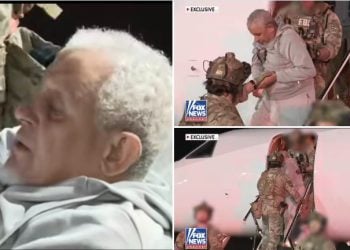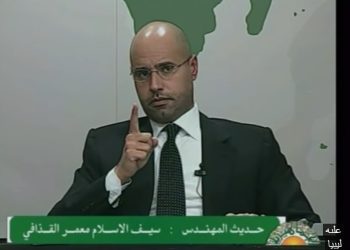By Libya Herald staff.
Tripoli, 8 August 2014:
United Nations High Committee for Refugees (UNHCR) spokesperson Ariane Rummery has expressed the agency’s concern for the . . .[restrict]safety of refugees and asylum seekers in Libya as violence in the country continues to escalate.
According to the UNHCR, as of January 2014, there were 25,561 refugees the country and 6,608 asylum seekers. Around 37,000 of those registered live in the conflict zones of Benghazi and Tripoli. Additionally, thousands of illegal immigrants are held in 19 overcrowded migrant detention centers.
Rummery reported to a meeting in Geneva this week that many of those registered with the agency live in heavily damaged locations and have been unable to leave for safer areas. She said the agency’s protection hotline had received 150 calls from people in Tripoli seeking help. She said the agency is also receiving calls from Benghazi, where there are many Syrian and Palestinian refugees and asylum seekers.
There are also 53,579 internally displaced persons (IDPs) registered with the UNHCR. A majority of these are Tawerghans, many of whom have been affected by the shelling in Benghazi and have had to re-locate, often to other already-crowded Tawerghan refugee camps.
The UNHCR is working with NGOs on the ground to provide assistance where it can, but it is growing increasingly more difficult to access people who are caught up in areas where fighting is still going on.
Libya has always been a transit point for Africans looking to reach Europe by boat. In Rummery’s briefing she said that the violence is boosting the numbers of those trying to cross the Mediterranean by sea. In the past fortnight alone, she said, 11,000 asylum seekers landed in Italy, most of whom came from Libya.
Regarding land borders, the UNHCR is urging Libya to relax its laws to allow people to leave without exit visas. The agency is also working with Tunisia and Egypt to convince them to keep their borders open for refugees who are fleeing the violence in Libya Speaking specifically about the Salloum border crossing into Egypt, Rummery mentioned that other than Egyptians, most other nationalities have not been allowed to cross.
“We are particularly concerned about the welfare of three Syrians and one Palestinian stranded in the no-man’s land between Libya and Egypt. UNHCR is asking Egyptian authorities for access to the group to provide food and water,” she said. [/restrict]






